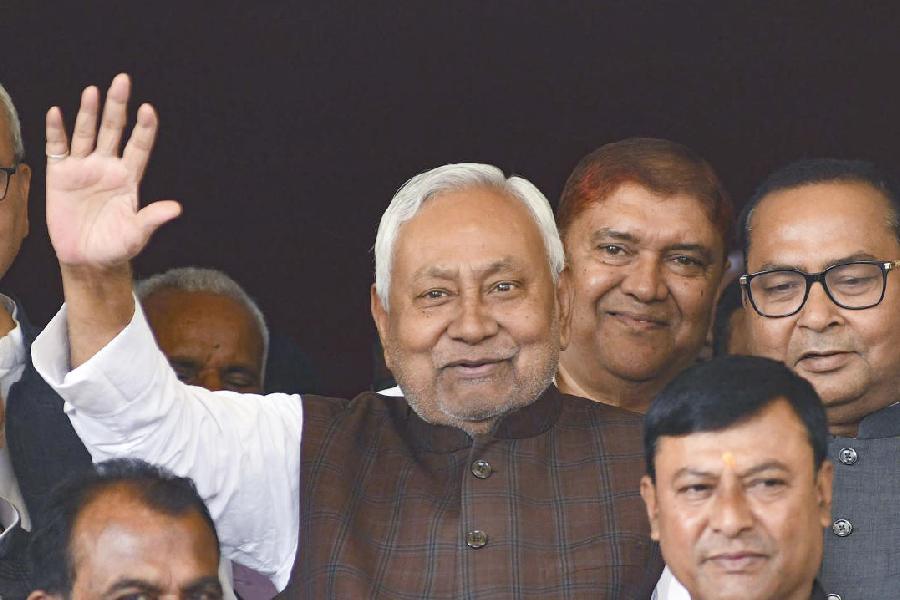Sections of doctors have alleged that the Indian Medical Association (IMA), the country’s largest body of medics, had collected “large sums of money” from its members contesting its annual elections but filled several positions unopposed without genuine polls.
The Federation of All India Medical Association (FAIMA), a body representing postgraduate medical students, has in a letter sent on Sunday asked the IMA’s chief election commissioner to “investigate these matters thoroughly and take immediate action to rectify any irregularities”.
The allegations mark a rare attempt by doctors to reform the IMA, which some of its members say has for years behaved more like a private interests’ club than an entity primarily established to improve public health and medical education, three IMA members have told The Telegraph.
The IMA has a nationwide membership of nearly 400,000 doctors.
The complaint has come at a time the IMA and FAIMA are independently but in unison campaigning for a central legislation to curb violence against healthcare workers, a demand resurrected by the rape and murder of a doctor at the RG Kar Medical College and Hospital in Calcutta.
Documents released by FAIMA in support of the allegations include a letter from the IMA’s chief election commissioner on August 6 this year to candidate Rajiv Ranjan Prasad, former director of the Patna Medical College Hospital, to send a “non-refundamental” nomination fee.
The letter listed nomination fees of ₹200,000 from candidates contesting for the post of IMA national president, ₹100,000 from candidates seeking the post of IMA national vice-president, and ₹50,000 from candidates seeking other posts.
Prasad said he had sent the IMA a demand draft of ₹100,000 as the nomination fee for his candidature for the post of the IMA vice-president but was surprised to see that the IMA on August 31 released a list of candidates elected unopposed.
“A vice-president elected unopposed would mean that either I withdrew my candidature or that I was disqualified — I did not withdraw and, as far as I know, I was not disqualified,” Prasad said. “How then was the vice-president elected unopposed?”
IMA national president R.V. Asokan told this newspaper that all IMA members have the right to complain to the national president for an internal grievance redress mechanism. “Election disputes, if any, are settled within the association. Allegations, if any, will be given due consideration.”
Prasad is among some members of the IMA who had questioned the IMA central council’s decision in 2018 to raise the non-refundable nomination fee 10-fold — from ₹10,000 to ₹100,000.
“The rationale behind the abrupt steep rise in fees was unclear but the council pushed it through despite objections from a few members,” a member of the IMA’s central council who requested anonymity told The Telegraph on Sunday.
Both Prasad and the anonymous member of the IMA’s central council suspect that one possible reason to increase the nomination fee could have been to discourage as many doctors as possible, which would help a small coterie regulate the outcome of elections.
“For some years, we suspected something was going on in the electoral process. This year, we monitored the process closely and we’re asking questions that need to be asked,” said Rohan Krishnan, national chairman of the FAIMA who is himself a secretary of a local IMA branch.
Krishnan said the IMA cannot dismiss the allegations as an “internal” issue. “The IMA is not a private organisation — it has 1,700 branches and council members, it cannot simply dismiss our concerns as an internal issue.”










